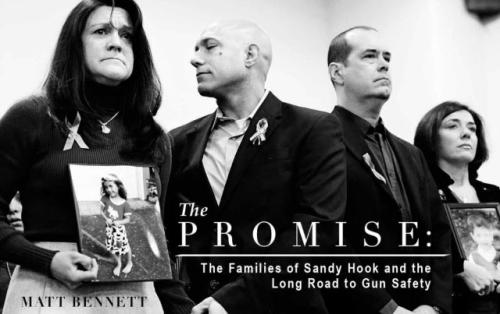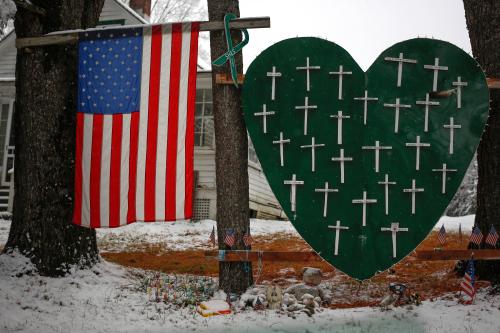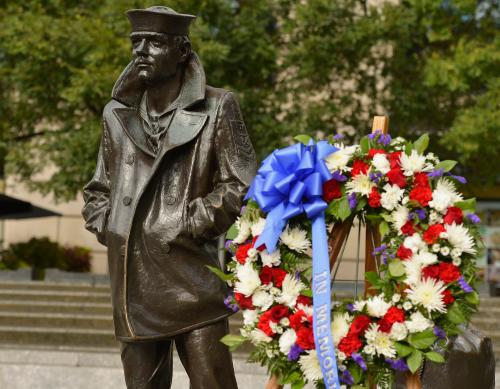A new study by think tank Third Way finds that more than 15,000 guns—in a sample of online gun sales in 10 states over two months—were for sale without background checks. While the 1993 Brady Law requires a background check be conducted on anyone purchasing a firearm from a federally licensed firearms dealer, the provision does not cover private sales through the Internet.
In the most recent Brookings Essay, “The Promise: The Families of Sandy Hook and the Long Road to Gun Safety,” published in June, author Matt Bennett put this loophole into a larger context:
Then there is the Internet, with sites like armslist.com. The New York Times recently took a look at that site and found about 170,000 guns for sale during their three-month investigation. Ninety-four percent of the ads were posted by private sellers, meaning that it’s easy pickings for prohibited buyers who do their shopping online. The Times didn’t have to look far to find felons and domestic abusers both buying and selling guns. As long as they are buying from someone in the same state, there is no need to involve a dealer and no background check is required.
Bennett, senior vice president for public affairs at Third Way, explored the difficulty that Sandy Hook families and members of Congress had in passing legislation to address this phenomenon. And recognizing that achieving background checks on Internet gun sales (in addition to closing the “gun show loophole”) would not have prevented Sandy Hook shooter Adam Lanza from obtaining the firearms he used in his horrible crime (he stole them from his mother, his first victim), Bennett explains how “crime guns” originate in a variety of places, including unregulated Internet sales.
For more about the Sandy Hook families and their efforts to achieve gun safety, read “The Promise: The Families of Sandy Hook and the Long Road to Gun Safety.”




Commentary
Brookings Essay: Felons Buying Guns Online
August 5, 2013